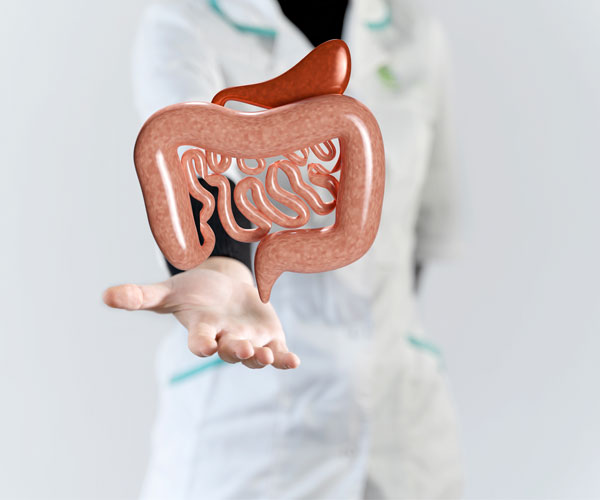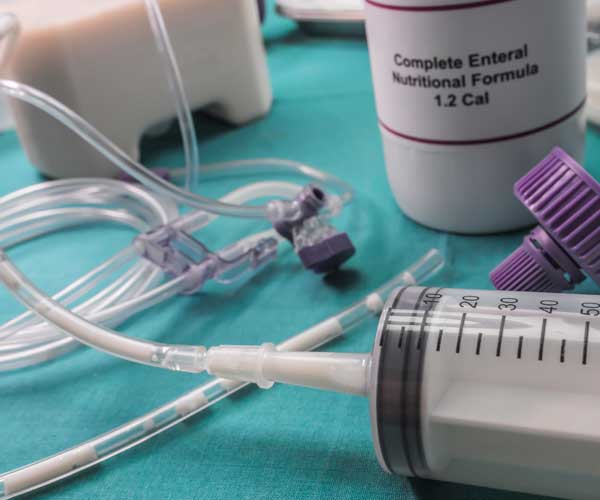High Intensity Daily Personal Activities



Tracheostomy Management
Based on your specific needs you can access a range of services including respiratory and ventilation supports relevant to tracheostomy care and maintenance. This means eligible for the NDIS participant, you can receive funding for the management of your tracheostomy care at home,
Urinary Catheter Management
A urinary catheter is a flexible and hollow tube that is inserted into the bladder to drain urine into an external collection bag. Urinary catheters are required by individuals who are unable to pass urine on their own or people who can do it on their own but are immobile.


Sub-cutaneous Injections
Subcutaneous injections are procedures for administering medication into the fatty tissue layer between the skin and the muscle (subcutaneous tissue). This allows the medication to be absorbed more slowly than if inserted into a vein because subcutaneous tissue has a smaller blood supply.



